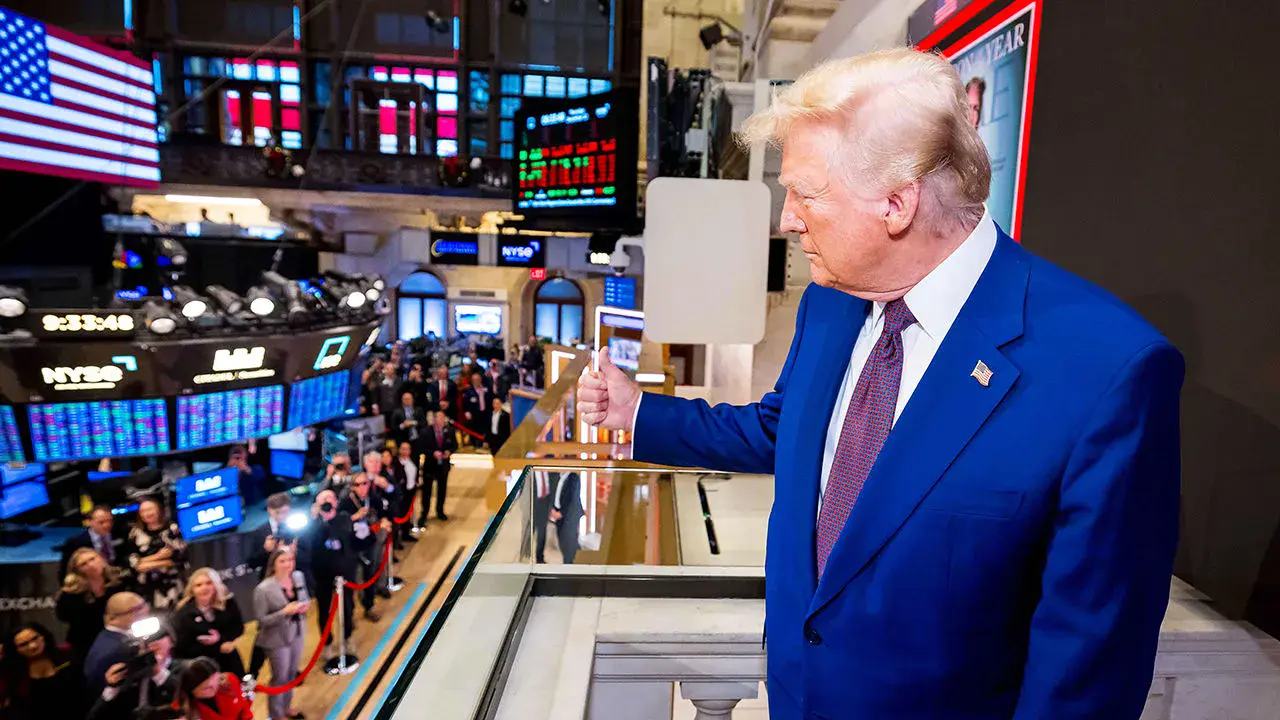
On August 1st, the U.S. stock market experienced a significant downturn, with losses totaling a staggering $1.1 trillion. This decline was marked by the Dow Jones Industrial Average plummeting over 500 points, equivalent to a 1.2% drop, while the S&P 500 fell by 1.6% and the Nasdaq Composite saw a decline of approximately 2.2%.
The primary catalyst for this market turmoil was the publication of a disappointing jobs report. The report revealed that the U.S. economy added fewer jobs than expected, leading to concerns about the health of the labor market and the overall economic outlook. This unexpected setback rattled investors and triggered a sell-off across various sectors, contributing to the substantial losses observed on that fateful Friday.
The repercussions of this decline were felt throughout the financial world, as investors grappled with the implications of the market's sudden downturn. The prospect of slower economic growth, coupled with uncertainties surrounding the Federal Reserve's monetary policy decisions, added to the prevailing sense of unease among market participants.
President Donald Trump's reported involvement in the day's events also added a layer of complexity to an already volatile situation. His statements and actions have often had a significant impact on market sentiment, and reports of his involvement on that particular day likely contributed to the heightened levels of anxiety and uncertainty among investors.
As news of the market turmoil spread, analysts and experts scrambled to make sense of the situation and provide insights into what the future might hold for investors. Many emphasized the importance of staying informed, remaining cautious, and adopting a long-term perspective amidst the market's ups and downs.
The events of August 1st serve as a stark reminder of the inherent volatility of the stock market and the unpredictable nature of global economic forces. While downturns are an inevitable part of market cycles, they also present opportunities for investors to reassess their portfolios, adjust their strategies, and potentially capitalize on undervalued assets.
Looking ahead, market participants will closely monitor economic indicators, corporate earnings reports, and geopolitical developments to gauge the trajectory of the market and position themselves accordingly. As the financial world continues to navigate these uncertain times, adaptability, resilience, and a keen understanding of market dynamics will be key for investors seeking to weather the storm and emerge stronger on the other side.

Leave a Reply